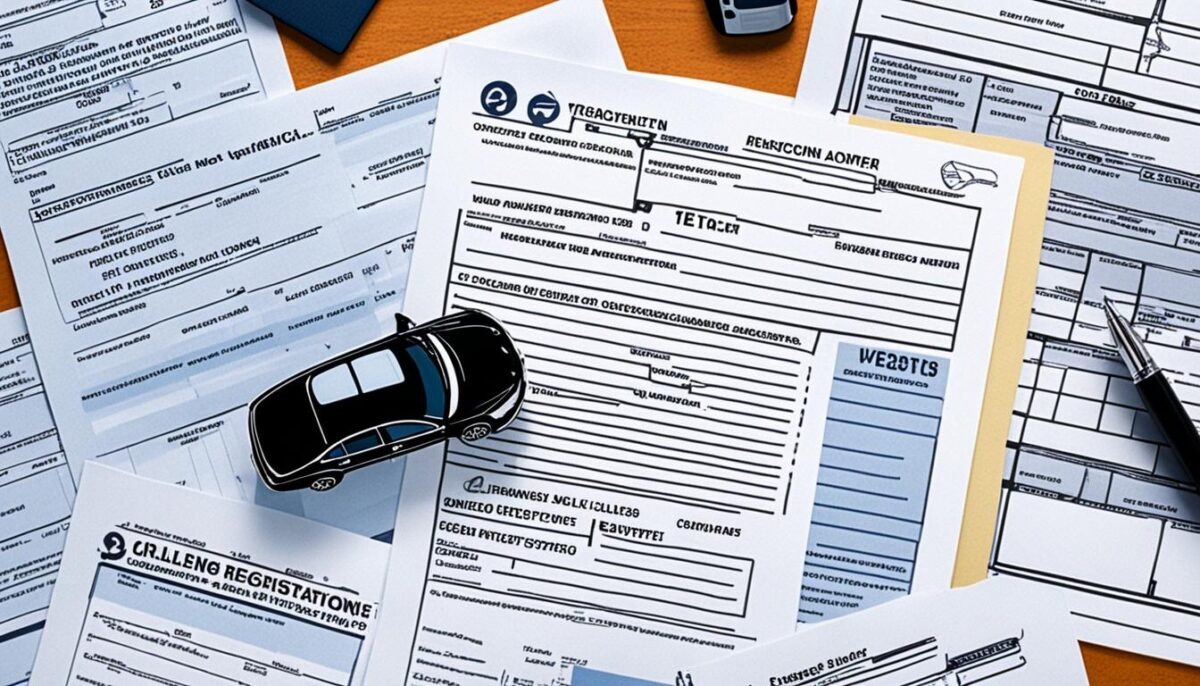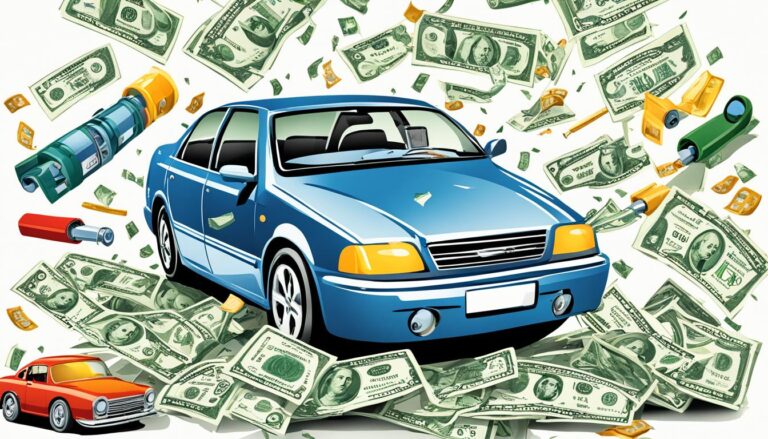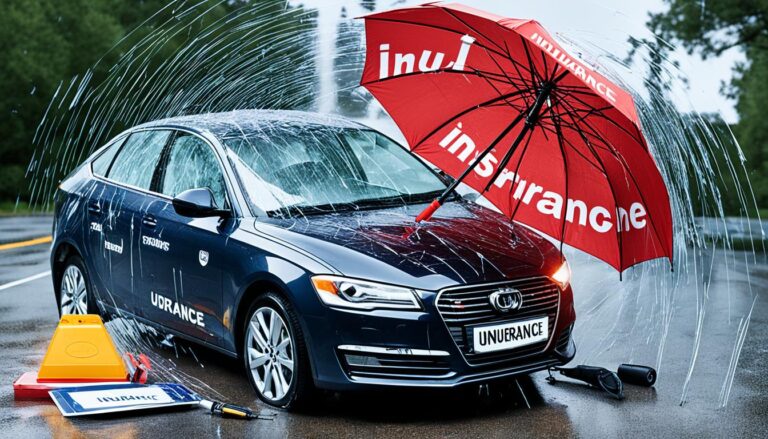When purchasing a new vehicle, the sticker price is just the starting point. Beyond the initial purchase price, there are a number of other ongoing costs associated with vehicle ownership that must be factored into your budget. In this article, we’ll explore the various hidden expenses and unexpected costs that come with driving a car, helping you plan and prepare for the full financial impact of your next automotive investment.
Hidden Expenses: Unveiling the True Cost of Vehicle Ownership
When purchasing a new vehicle, the sticker price is just the beginning. In addition to the initial cost, car owners must account for a range of hidden expenses that can significantly impact the overall cost of vehicle ownership. Two of the most significant hidden costs are vehicle registration fees and annual taxes, as well as comprehensive and collision insurance premiums.
Registration Fees and Annual Taxes
Vehicle registration fees can vary widely depending on the state and local jurisdiction, but they typically include one-time charges for titling and registration, as well as ongoing annual renewal fees. These fees can range from a few hundred dollars to over a thousand dollars, depending on the vehicle’s value and the local tax rates. Additionally, many states and municipalities levy annual property taxes on registered vehicles, which can further increase the cost of car ownership.
Insurance Premiums: Protecting Your Investment
Comprehensive and collision insurance are essential components of responsible vehicle ownership, providing protection against accidents, theft, and other unexpected events. However, these insurance premiums can be a significant ongoing expense, with the average annual cost ranging from $1,000 to $2,500 or more, depending on the vehicle, driver history, and location.
By understanding the hidden costs associated with vehicle registration fees, auto taxes, and insurance premiums, new car buyers can make more informed decisions and budget accordingly, ensuring that the true cost of car ownership aligns with their financial goals and constraints.

“Purchasing a vehicle is just the beginning – the ongoing costs of registration, taxes, and insurance can quickly add up and strain household budgets if not properly accounted for.”
Fuel Efficiency: Understanding the Ongoing Cost of Commuting
Fuel efficiency is a critical factor in determining the ongoing costs of vehicle ownership. The amount you spend on gas can have a significant impact on your overall driving expenses, making it essential to understand the miles per gallon (MPG) rating of the car you’re considering.
When evaluating a vehicle’s fuel efficiency, it’s important to look beyond just the sticker price. The cost of gas can fluctuate dramatically, and a car with a lower MPG rating may end up costing you more in the long run. By carefully researching a vehicle’s fuel efficiency, you can budget accurately for this recurring expense and make an informed decision that aligns with your driving needs and budget.
To get a better sense of how fuel efficiency affects your driving costs, consider the following:
- The distance of your daily commute: The longer your commute, the more you’ll spend on gas.
- Your driving habits: Aggressive acceleration and high-speed driving can significantly reduce a vehicle’s fuel efficiency.
- The current cost of gas: Prices at the pump can vary widely, so it’s important to stay informed about the cost of fuel in your area.
By understanding the fuel efficiency of a vehicle and how it relates to your driving needs, you can make a more informed decision that takes into account the ongoing cost of commuting. This knowledge can help you budget effectively and ensure that your vehicle choice aligns with your long-term financial goals.

“Fuel efficiency is the key to keeping your driving expenses under control. The more miles per gallon your vehicle can achieve, the less you’ll spend at the pump.”
Maintenance and Repair: Keeping Your Car in Top Shape
Maintaining your vehicle’s performance is crucial, and regular checkups are the key. Routine oil changes, tire rotations, and brake services ensure your car runs smoothly and efficiently, extending its lifespan. These recurring expenses should be factored into your monthly budget to avoid unexpected financial burdens.
Unexpected Costs: Preparing for the Unknown
While diligent maintenance helps, there’s always the potential for unexpected repairs. From minor issues to major mechanical failures, these unforeseen costs can put a significant strain on your finances. That’s why it’s wise to set aside funds specifically for such emergencies. By proactively building a buffer, we can weather any automotive curveballs that come our way and keep our cars running at their best.
Whether it’s scheduled maintenance or unanticipated repairs, understanding the full scope of car ownership costs is essential. By budgeting for car maintenance costs, auto repair expenses, and unexpected vehicle costs, we can ensure our vehicles remain in top shape and our wallets stay healthy.



